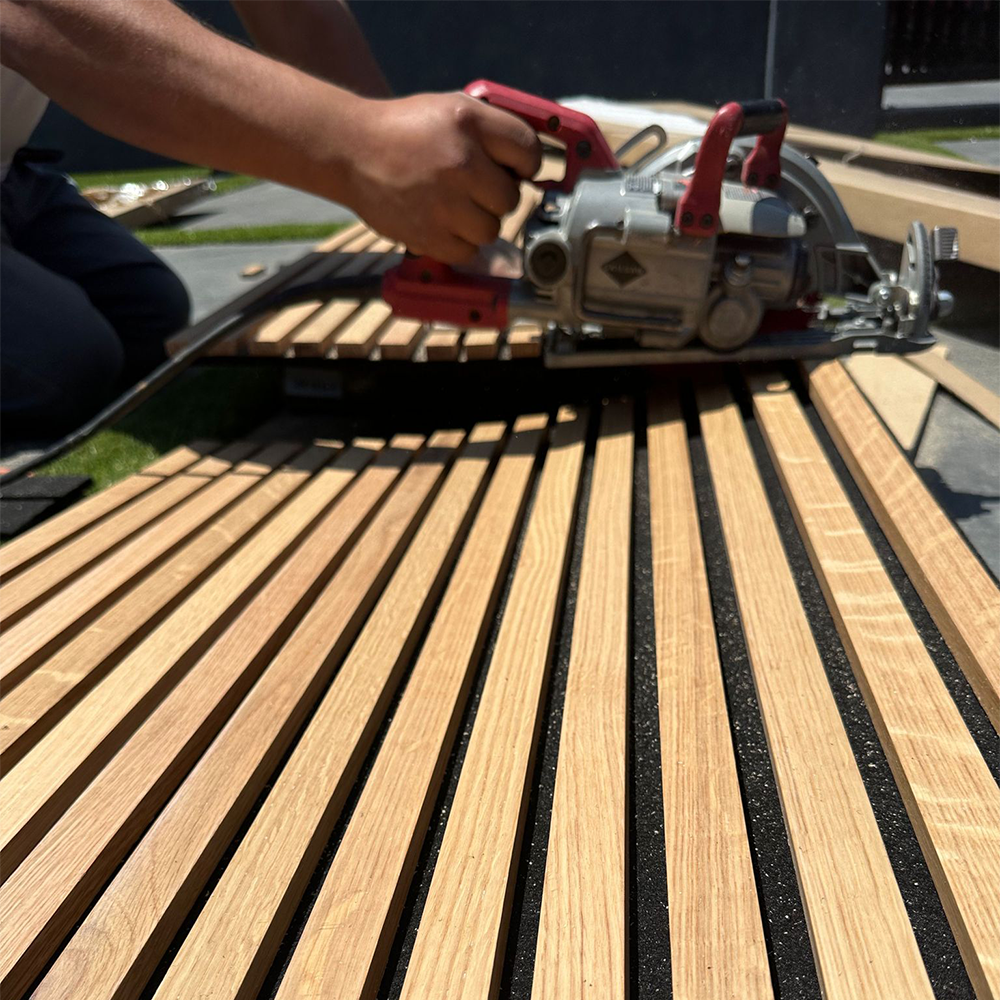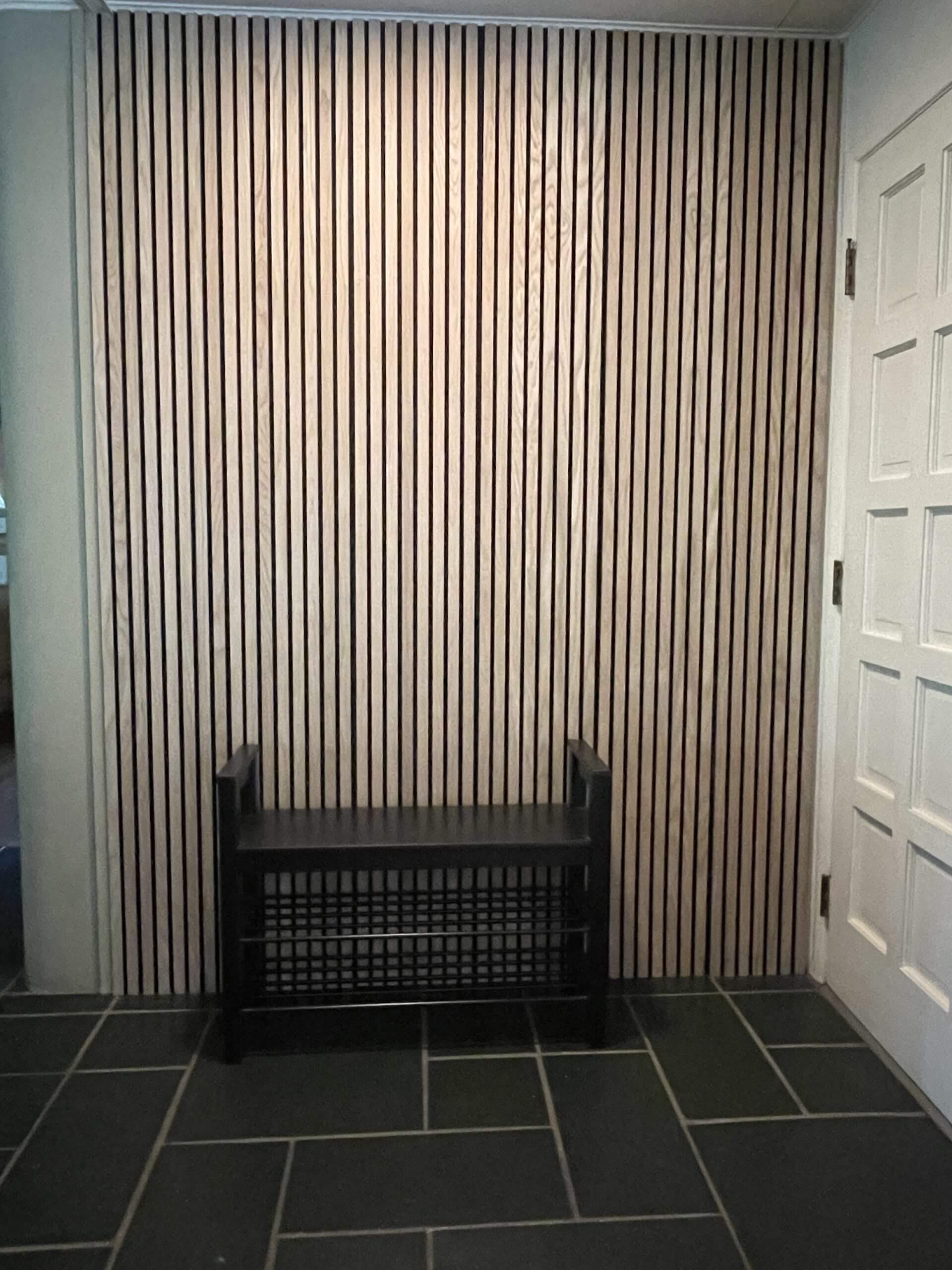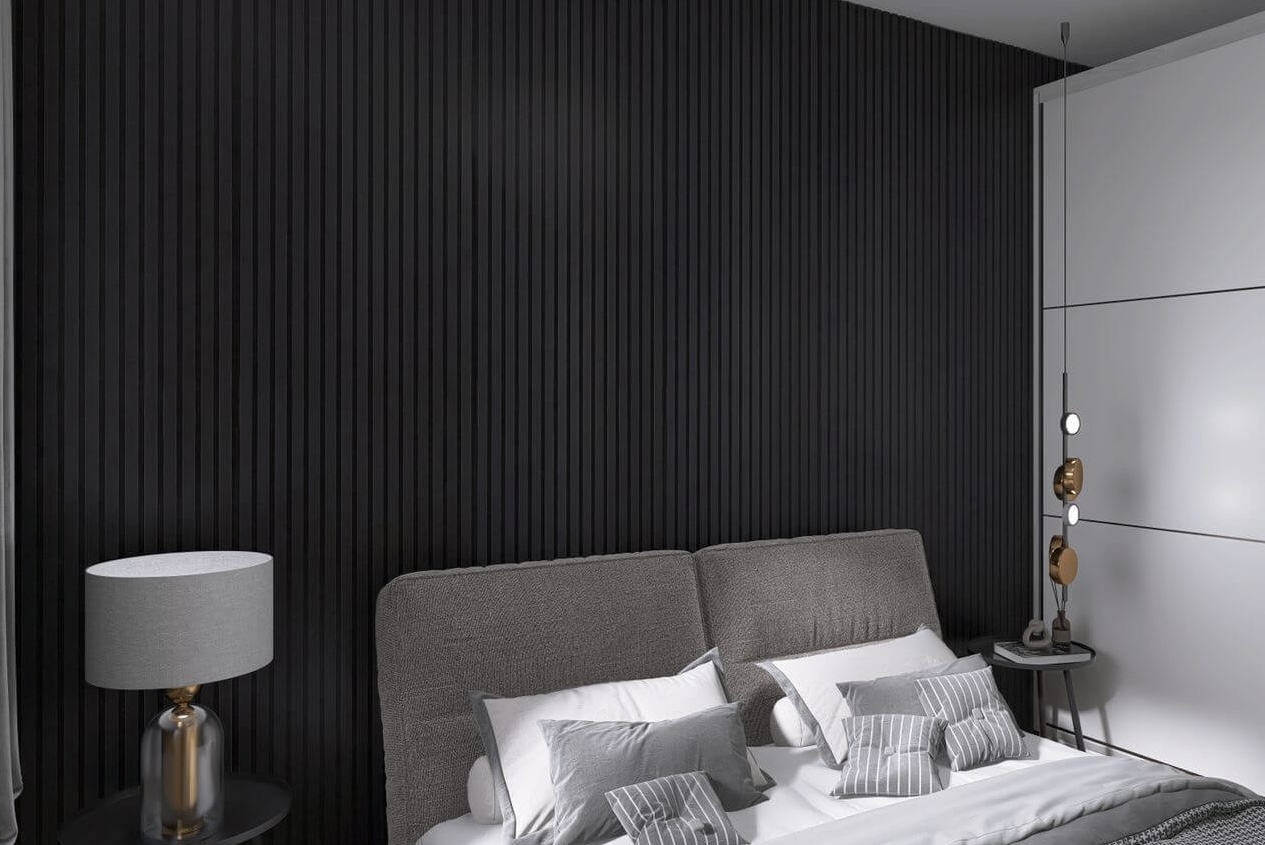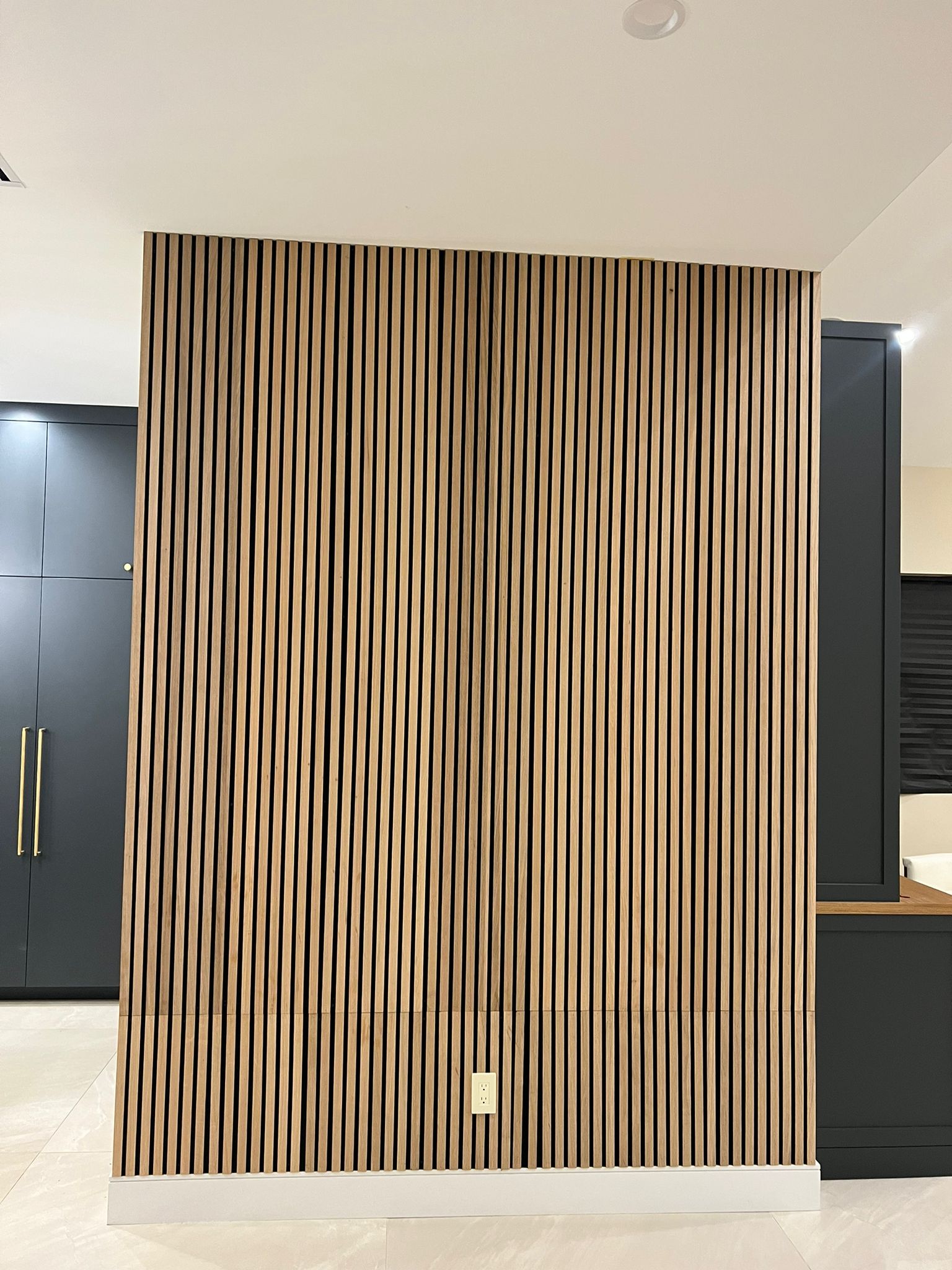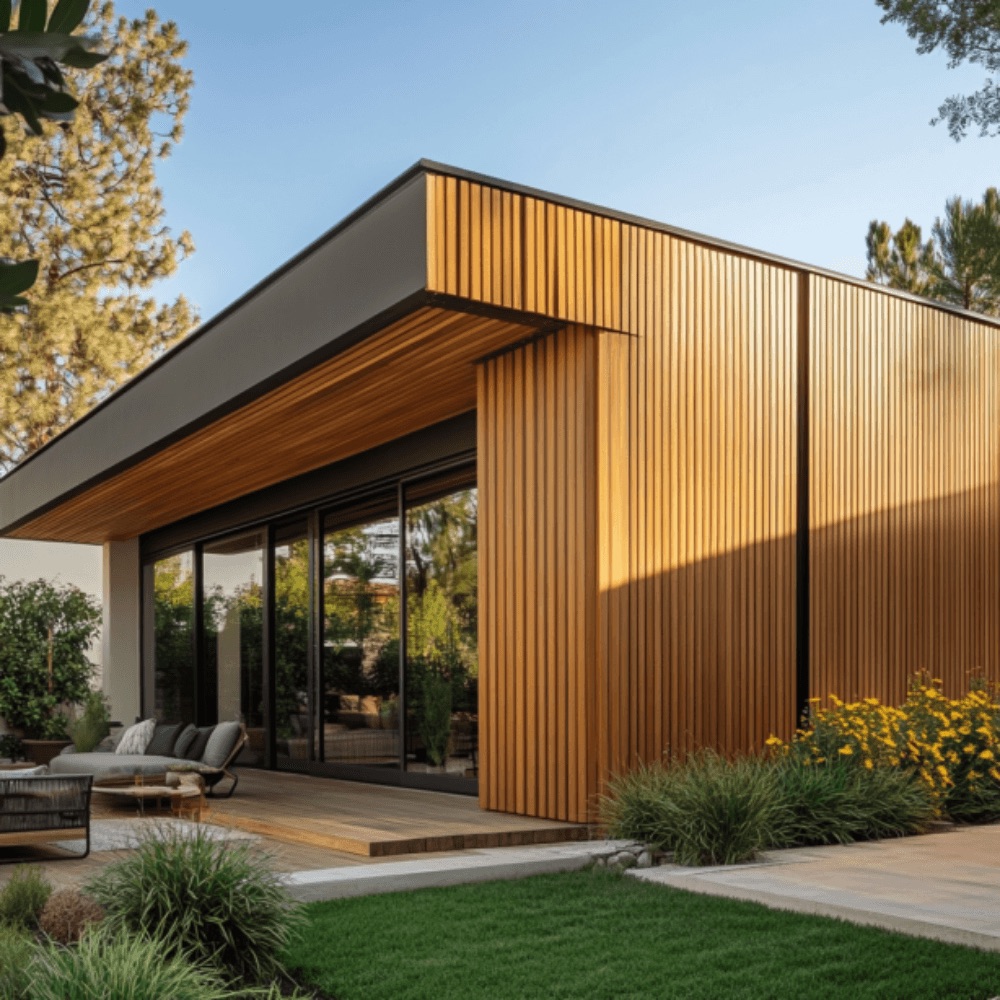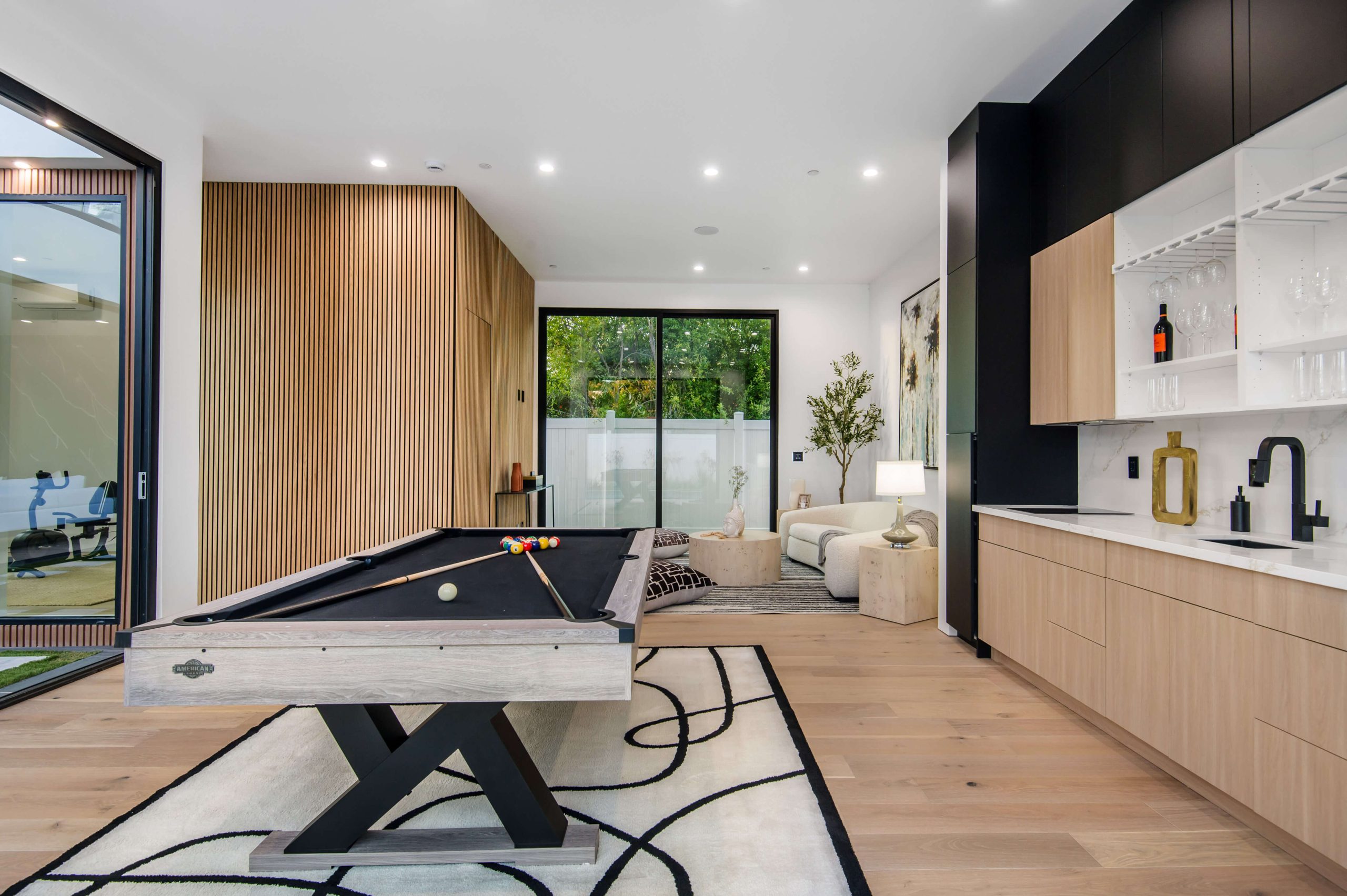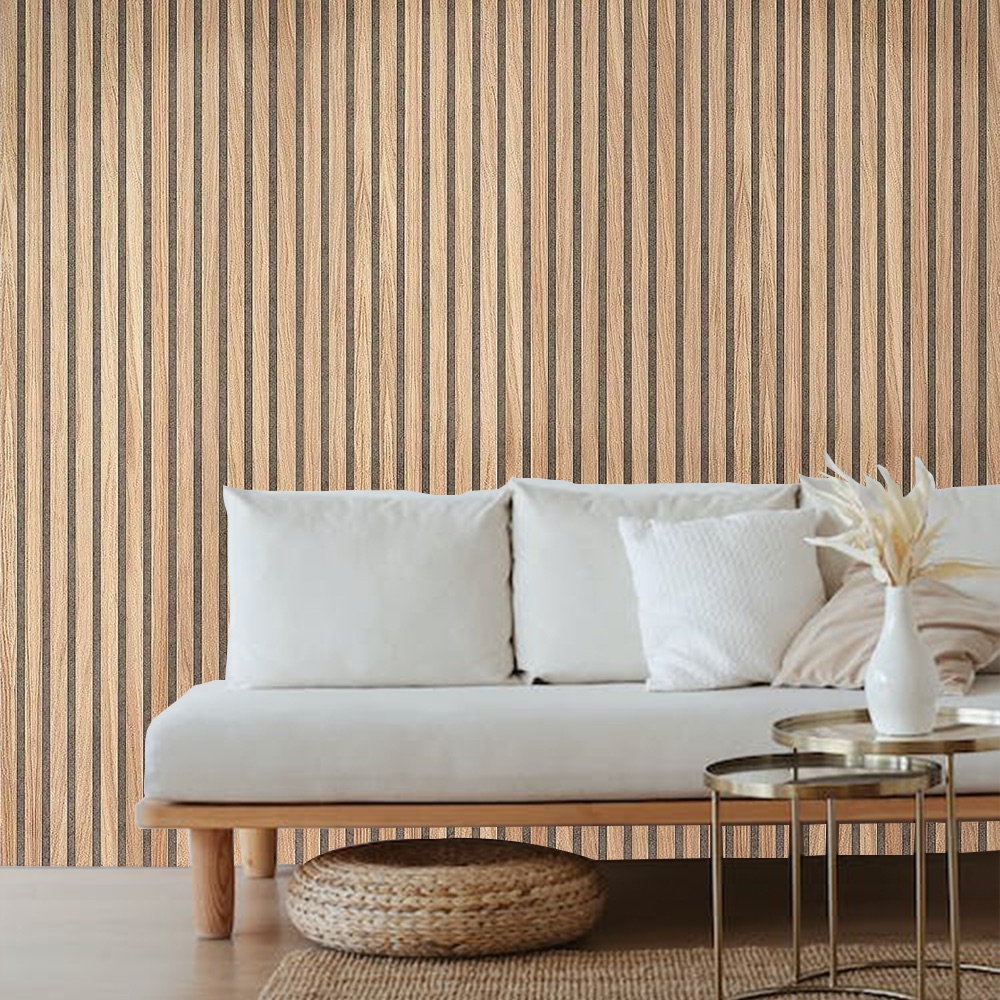Affordability and durability are necessary when considering a new exterior wall construction project. Whether you’re a DIY enthusiast or a seasoned contractor, selecting the right materials for exterior wall construction can ensure long-lasting protection while keeping costs manageable. In this blog, we’ll explore affordable materials that are effective for exterior wall construction, ensuring both cost efficiency and reliability.
Why Material Choice Matters in Exterior Wall Construction
The materials used in exterior wall construction are more than just a façade; they play a crucial role in energy efficiency, weather resistance, and even soundproofing. By carefully selecting affordable yet durable materials, you can enhance the functionality and aesthetic appeal of your building without stretching your budget.
1. Wood Panels: A Classic and Cost-Effective Option
Wood paneling remains a popular and affordable choice for exterior wall construction. Not only is it visually appealing, but advancements in technology have made wood panels more durable and weather-resistant than ever before.
Advantages of Wood Panels in Exterior Wall Construction:
- Aesthetic Appeal: Wood panels add warmth and character to any exterior, with the natural texture of wood giving a timeless look.
- Sustainability: Many wood panels are sourced from sustainable forests, making them an eco-friendly option.
- Durability: Products like Wood Tech Siding offer resilience to weather changes while maintaining their beauty. The Walnut Brown exterior panel, for instance, provides a natural timber look while being affordable.
Installation Tip: Ensure the panels are treated to resist rot, moisture, and termites, extending the life of your exterior wall.
2. Vinyl Siding: The Budget-Friendly Champion
Vinyl siding is a widely used material in exterior wall construction, particularly in residential buildings. Known for its low cost and ease of maintenance, vinyl is often the go-to option for homeowners looking to balance budget and longevity.
Advantages of Vinyl Siding in Exterior Wall Construction:
- Low Maintenance: Vinyl requires little to no maintenance. A simple wash every few years can keep it looking new.
- Cost-Effective: It is one of the most affordable options available for exterior walls.
- Weather Resistance: Vinyl is impervious to rot, rust, and insect damage, making it ideal for various climates.
Durability Consideration: While vinyl is affordable, it can crack in extreme cold or warp in high heat, so it’s best used in temperate climates.
3. Fiber Cement: Durability Meets Affordability
Fiber cement offers a perfect balance between durability and cost. It is composed of cement, sand, and cellulose fibers, providing robust protection against elements.
Why Fiber Cement Works for Exterior Wall Construction:
- Fire-Resistant: One of the biggest advantages of fiber cement is its non-combustibility.
- Low Maintenance: Like vinyl, fiber cement requires little upkeep but offers a more premium look.
- Longevity: Fiber cement is designed to last for decades, providing excellent return on investment.
Installation Insight: Fiber cement can be more labor-intensive to install compared to vinyl, but the long-term durability justifies the effort.
4. Brick Veneer: The Premium Look at a Fraction of the Cost
Brick veneer mimics the appearance of traditional brick walls but comes at a much lower cost. It’s a favorite among homeowners who desire a classic, stately look for their exterior wall construction without the heavy expense.
Advantages of Brick Veneer in Exterior Wall Construction:
- Aesthetic Appeal: Brick veneer gives the appearance of a solid brick wall at a fraction of the cost.
- Energy Efficiency: Brick veneer offers good insulation properties, keeping your home warm in winter and cool in summer.
- Weather Resistance: It provides strong protection against wind, rain, and even fire.
Pro Tip: Brick veneer requires a proper waterproof membrane behind it to prevent moisture buildup and potential damage to your home’s structure.
5. Metal Siding: Modern and Minimalist
Metal siding is gaining popularity in modern exterior wall construction, especially for commercial buildings and contemporary homes. Steel and aluminum are the most common materials, offering a sleek, industrial look.
Benefits of Metal Siding for Exterior Walls:
- Durability: Metal siding, especially steel, can withstand harsh weather conditions, including strong winds and heavy snow.
- Eco-Friendly: Many metal sidings are made from recycled materials and can be recycled at the end of their life cycle, reducing environmental impact.
- Fire-Resistant: Metal is naturally fire-resistant, offering an added layer of protection.
Cost Consideration: While metal siding can be slightly more expensive upfront, its durability and low maintenance costs make it a long-term, cost-effective solution.
6. Composite Wood Panels: A Hybrid for Budget and Durability
Wood-plastic composite (WPC) is another budget-friendly material for exterior wall construction, combining the aesthetics of wood with the durability of plastic. The composite nature makes it resistant to many of the issues traditional wood panels face, such as rot and insect damage.
Advantages of Composite Panels in Exterior Wall Construction:
- Weather Resistance: WPC panels are designed to endure the elements, making them ideal for exterior walls.
- Low Maintenance: Unlike natural wood, composite panels do not require staining or painting.
- Affordable: WPC panels offer a wood-like appearance without the higher cost associated with natural wood.
Visual Tip: For an ultra-modern look, WPC panels come in various colors and textures, making them highly customizable for different styles.
Conclusion
Choosing the right material for exterior wall construction doesn’t mean you have to break the bank. With options like wood panels, vinyl siding, fiber cement, and composite wood, there are plenty of affordable materials that provide both durability and visual appeal. Whether you’re renovating a home or building from scratch, these materials offer great value without compromising quality.
Frequently Asked Questions
1. What is the most affordable material for exterior wall construction?
Vinyl siding is typically the most affordable option, known for its low initial cost and minimal maintenance requirements.
2. Can wood panels be used for exterior walls?
Yes, wood panels can be used for exterior walls, especially if treated to resist weathering and insects.
3. How do composite wood panels compare to traditional wood?
Composite wood panels are more resistant to rot and insects, requiring less maintenance than traditional wood while still offering a wood-like appearance.
4. Is brick veneer a good option for exterior walls?
Yes, brick veneer provides the appearance of a full brick wall but at a lower cost, making it an excellent option for those wanting a classic look without the high expense.
5. How long does metal siding last?
Metal siding, especially steel, can last 40 to 70 years with minimal maintenance, making it a durable choice for exterior walls.

